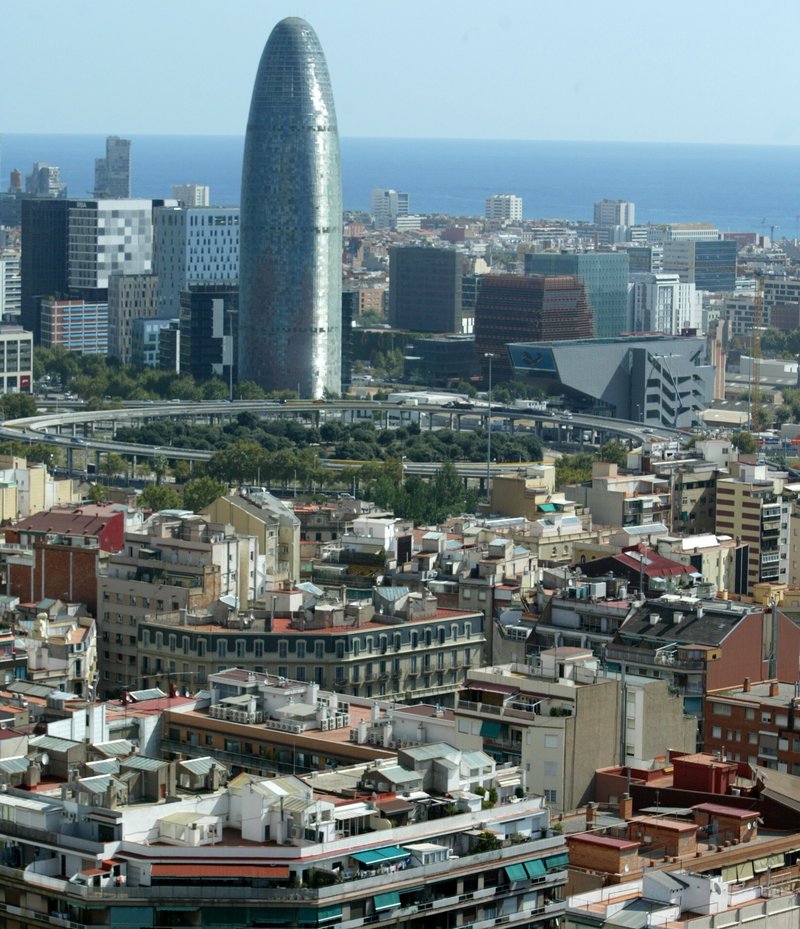Who wants independence?
Cui bono? (“Who benefits?”) is a question Cicero posed two millennia ago to get a court to acquit one of his clients. It is always a wise question to ask: the world becomes more intelligible when we understand that people support what they believe benefits them.
Take the rise of far-right populism. Surveys indicate its supporters are generally less educated, more traditional/authoritarian and opposed to immigration, concentrate in regions less favoured by globalisation (e.g. the US Midwest and South, rural France or East Germany) and have lower average incomes, although they are also overrepresented among the richest “old money” and the less-educated middle class (e.g. shopkeepers or the self-employed). In short, in a globalised world favouring the urban, educated middle classes, those left behind demand that the government reverse gear and defend the policies they prefer: those of authoritarianism, pressure against ethnic minorities (whether better to expel or exploit them) and protection against the global market, even at the expense of the overall economy – and the educated middle class’ wellbeing.
Consider the case of Catalonia. It is common in the Spanish media to link Catalan secessionism to anti-globalisation populism and ethnic supremacism, but a quick fact check suffices to dismiss the notion as preposterous. Not only is Catalonia privileged by globalisation, but independence supporters are overwhelmingly middle class and substantially more educated, less authoritarian and more welcoming of immigration than their unionist neighbours: in short, they represent that educated middle class the global market favours. So why complain?
They complain that they are the losers of Spain’s recentralisation, which is denying them many of globalisation’s benefits. Globalisation elevated Barcelona (the “Spanish Liverpool”) from provincial obscurity to the top of global city rankings, yet the Spanish government not only underinvests in infrastructure and siphons out taxes at an unparalleled rate internationally, but even leverages its economic and regulatory power to entice Barcelona’s businesses to move to Madrid. This directly impacts local welfare, particularly for the educated middle classes, who see their wings clipped by the very government that should protect them. Their outrage at this justifies the massive scale of pro-independence mobilisation, while their background explains the movement’s unusually well-organised, effective, peaceful nature.
Yet a piece is still missing from the puzzle. Globalisation is also putting Istanbul ahead of Ankara, for example, but the Turkish governments do not short-change Istanbul in infrastructure investment (which was spectacular in recent years) or undermine its role as the country’s business capital. The same could be said of Milan vs Rome or New York vs Washington DC. Within the developed world, it is the Spanish case that is abnormal, for in most nations the rest of the country would not understand why the state’s power was utilised to favour one place so blatantly against the other – unless, of course, the disfavoured region was regarded as “alien”. This is what makes the Catalan case different: for centuries, Catalans have played the role of “Spain’s Jews”, and Spain’s elites have all-too-often leveraged this atavistic animadversion to redirect popular outrage when under pressure. Thus, for the last decades, as globalisation increasingly favoured Barcelona and threatened to tilt the country’s power balance, Madrid’s establishment was able to rally voter support in the rest of Spain against the Catalan challenger.
This explains why Spanish governments seem unwilling to negotiate any concession to Catalonia, as this would both be unpopular in the rest of Spain and, arguably, unnecessary given the overwhelming support they have from the state’s machinery, Spain’s average voter and even Europe’s highest institutions… Yet, they should beware, for political support is fleeting, since the answer to “who benefits” changes all the time.

